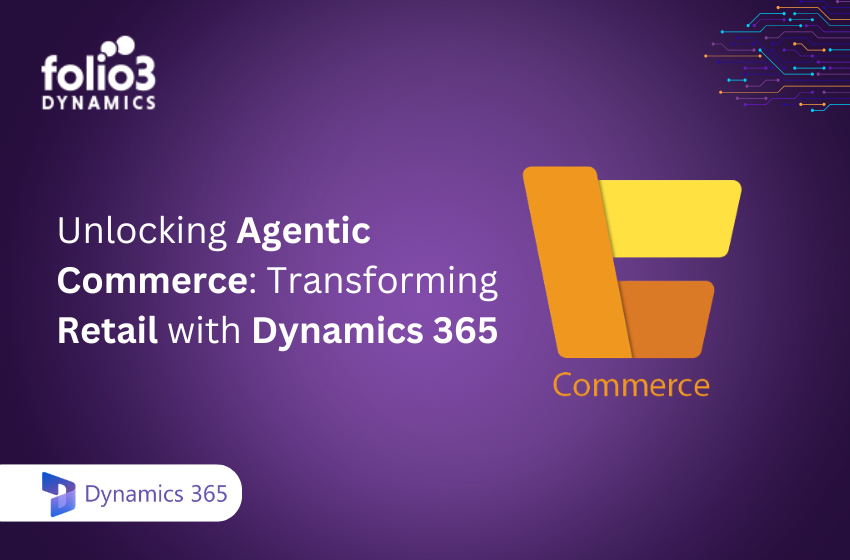What is ERP?
ERP is an acronym for Enterprise Resource Planner. It is a consolidated system that allows you to store and access data from a single source. It automates different functions of a business such as inventory management, invoicing, CRM, and produces reports in real-time.
What is EAI?
EAI is an acronym for Enterprise Application Integration which integrates the different applications being run in an enterprise on a single platform. This allows the users to use different apps in the same interface, access all the data hassle-free, and provides a means of communication to the different departments using the application systems.
Benefits of an ERP:
Data Integrity: It is one of the core fundamentals of an ERP system. The data is stored in a single source and can be accessed by anyone in the organization without creating any confusion. This creates the reliability and integrity of data.
Reduced Operational Costs: The streamlined business processes ensure that
an efficient ERP system reduces operational costs by maintaining data in a timely fashion and without any manual output.
Consistency in Infrastructure: With less redundancy in data and uniformity in the functions, the infrastructure becomes consistent throughout the organization.
Flexibility: The ERP systems are designed to provide your business flexibility in product customization and organization which cannot be possible achieve with manual labor.
Automation: ERP systems automate many different functions which help save both time and resources by making intuitive decisions. One such function includes order management which also allows you to manage inventory in a hassle-free manner.
Benefits Of EAI:
Information Sharing: EAI enables information sharing among many applications which breaks the silos of pools of useful data and puts it to the greater benefit for the organization. This also gives a chance to IT structure and organization’s labor to work towards strategic tasks rather than being stuck with mundane day-to-day activities.
Automation: EAI automation is different from ERP automation. EAI collects data and can for example start an email marketing campaign for the customers. It also produces analytics and real-time data about the success or response of the campaign without missing a beat. Whereas an ERP system’s role would be to track the change in the inventory and automate the order for the restock.
Reduced Bottleneck and Increase in Agility: EAI benefits an organization by providing accurate information on market trends thus can initiate a quick response to the changing trends and can increase the business agility by helping to make informed decisions based on real-time data streaming. The scalability and business expansion becomes possible through relying on the provided data.
A Channel for Communication: EAI is responsible to keep all the applications and programs in the loop and hence reduces gaps in communication and bridges the information sharing which can be vital for the efficacy of the business. The departments no longer work in isolation and can benefit greatly from the collected data.
Difference Between ERP And EAI:
Now that you know some basics let’s delve deeper and understand what makes an ERP different from an EAI.
ERP is a system that connects different functions of the organization. Whereas, an EAI connects the applications which are run by the system and enables a communication path for them to share information.
Furthermore, an ERP is responsible for creating information. The sales, invoice, inventory, CRM, SCM, insights are delivered by the system, whereas, this information is then used by different applications, such as Shopify, amazon, etc. to make informed and intuitive decisions.
Moreover, an ERP also takes care of the functions of the business such as order management, customer relationship management, shipment tracking, etc.
On the other hand, an EAI is essentially an integration that is responsible to take care of the data produced. It uses this data in different ways which include marketing, content integration, and web service integration. Transfer of data and information across multiple channels is possible through EAI.
In a nutshell, ERP is used to run your whole business. While EAI helps the different departments to effectively communicate with each other and not let the information & data in silos.


